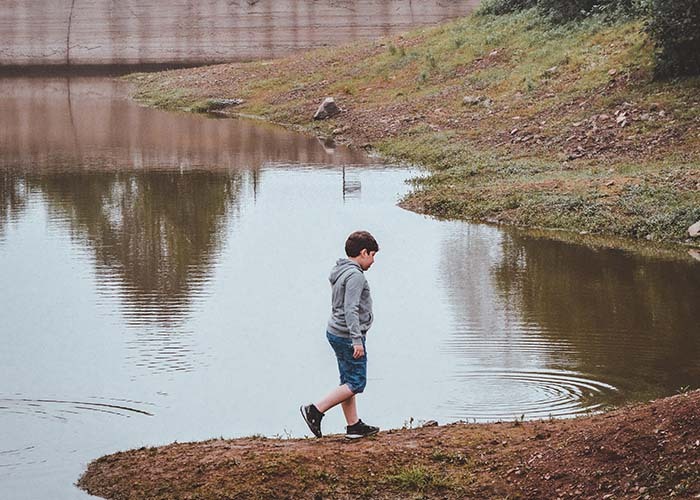Dealing with separation anxiety in babies is a common query amongst new parents. It’s a well-known fact that babies from around six months to the early years often become very clingy with their parents and are afraid of strangers. It’s understandable, as they’re in the early stages of development. It doesn’t usually last long, and in no time, you’ll be moving on to the next phase of your child’s development.
Background Facts To Separation
All babies and toddlers need to experience a secure attachment to a caring adult during the first year of life. Babies often experience this with more than one adult, but the first bond with their mother is the most important for most babies. It is a known fact that children who can form secure attachments are likely to be more resilient and manage stressful events better in later life.
The Three Phases To Be Aware Of
Many parents will identify these three phases. But they are just that and will cease to be as the child develops further. The sequence usually follows three phases: protest, despair, and detachment.
- During the protest phase, the child will cry loudly, ask for their mother, show anger and reject or cling to others.
- In the despair phase, the child feels hopeless, becoming physically inactive, withdrawn, and in a state of absolute despair.
- The real action is very upsetting for all concerned. Getting separated from their parents or guardians is no less than a haunting bedtime story for many kids.
Letting Go
It’s far from easy, but rest assured, it’s a gradual process, and you will get there! In the early weeks, babies develop emotionally and physically from having all their needs met. Security comes from not having to wait long to be fed or cuddled. Giving comfort and responding quickly to the baby’s needs are paramount at this crucial stage. The inability to meet these requirements ultimately leads to separation anxiety in babies.
Eventually, babies gradually have to learn to tolerate being part of a wider community where the needs of other children, and the mother herself, also have to be met. You and the baby have to learn to separate yourself from one another – to let go of that cozy, secure state of being, that ‘all-in-oneness’ that you’ve had in the very early stages.
For some mothers, it’s often a relief to let go of the very dependent baby stage. But likewise, the baby may be equally ready to move on and, at some time during the first year. This process is a joy as the mother can enjoy seeing her baby become more independent in playing with others and settling down. But for other mothers and their babies. Have you heard, “My baby won’t let me put her down?” It’s all very frustrating, but there are many valuable tips that you can follow.
Adjusting To Change
Many mothers have concerns and anxieties about changing their baby’s routines, especially about letting go of the comfort and security of the breast or bottle-feed. There are sadly no set rules as each baby is different. You can usually sense whether your baby will get over a separation or a stressful situation and begin to adjust to the new norm or whether they need to go back to their previous routine, but it’s all trial and error.
Tips For Separation Anxiety In Babies
You might notice symptoms of anxiety in your child. You need to develop certain pattern to overcome the same. Every time you leave home, make it a routine to follow these practices. They will encourage a good bonding between you and your child and guide you through handling separation anxiety in babies.
- Try not to make a huge deal out of it.
- Practice separation at home, just by going into another room.
Every time you wave a goodbye to your baby for whatever reason, ensure it’s a soothing and stress-free experience for them.
- Create an exit ritual: say goodbye to the cat or even the washing machine!
- Always keep your promises to be back on time, and enjoy that special treat.
Starting At A Pre-School Or Nursery School
Having got over the baby phase, starting pre-school or nursery school is another critical stage in the separation process, and the separation aspect often re-emerges at this point. However, many children embrace this change without a thought, but each child is different once again.
Some children feel ready to meet other children, enjoying new toys and all-new educational challenges. But many young children who are developing typically often find this particular stage of life challenging and become clingy again.
As with all phases of childhood, the phases do pass, and it’s ordinary in human development.
